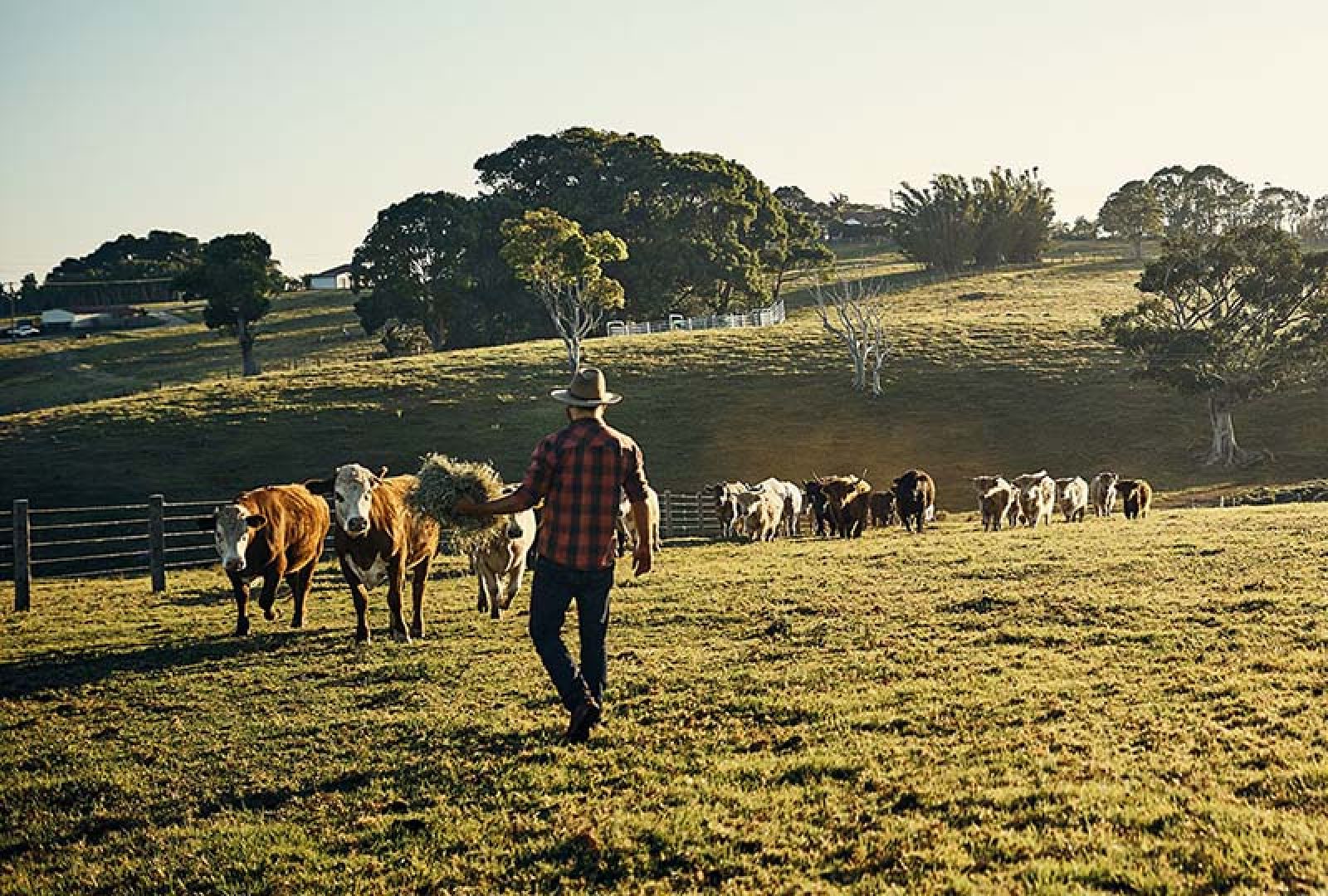
We offer two levels of feasibility assessment to suit your needs at different stages of your carbon journey.
Eligibility criteria to ensure the project ticks all the boxes.
A snapshot of the project’s potential carbon yields, costs, profits, cash flow, risks and success factors.
A breakdown of the different CFF service offerings and their costs.
You’re serious about getting started and want to get stakeholders and your board onside. Price varies depending on project complexity. Average price range for a single property: $3,000 – $5,000 + GST
With this report in hand, you can develop a detailed risk assessment and financial budget for the project. The report includes all the information required to get shareholders or the bank on board, specifically:
Our setup services are structured so that you can choose only what’s needed for your own context. You decide how much or how little support you need, and how much you want to take on yourself.
We keep prices competitive by providing a completely remote service, complemented by local experts. Every project is priced individually to make sure the project is tailored to your unique needs.
Act as the project’s agent to liaise with the CER and administer applications to the ACCU scheme:
Collate, submit and monitor client (proponent) registration
Collate, submit and monitor project registration
Provide strategic advice and answer technical submission queries.
Contact relevant local authorities to confirm suitability, identify required approvals and support submissions.
Produce GIS project mapping in a compliant format.
Provide access to a range of CFF templates and checklists including fit and proper person, permanence plan, legal right, eligible interest holder and registration documentation.
If registering an aggregated project across multiple properties, we repeat all necessary registration activities from the list above for each of the additional areas.
If choosing to add additional project areas to a registered project after the initial registration has been lodged, CFF can act as the agent to complete a project variation with the CER.
We support you to plan a successful project:
We’ll connect you to our network of local suppliers, experts and contractors and support you in securing competitive quotes:
We ensure the project is established to the desired timeline, optimised for performance and compliant with the method:
Once your project is up and running, we're still here to help. We can assist with:
Connections to third-party contractors to undertake any inspections or reviews.
Collation of data and evidence needed for submission to the regulator.
Complete, submit and monitor reporting paperwork.
Support to set up an ANREU account to receive credits.
Junior Facilitator: $180/hour
Project Facilitator: $255/hour
Specialist: $295/hour
© 2024. The Carbon Farming Foundation. All Rights Reserved.
The Carbon Farming Foundation (ABN 67 645 498 004) is a Corporate Authorised Representative (AFS Representative No.001298535) of True Oak Investments Pty Ltd (ABN 81 002 558 956, AFSL 238184).
The information on this website is general financial product advice only. It does not take your personal financial objectives, situation or needs into consideration. We recommend that you read our Financial Services Guide and consider seeking independent advice before making a financial decision.